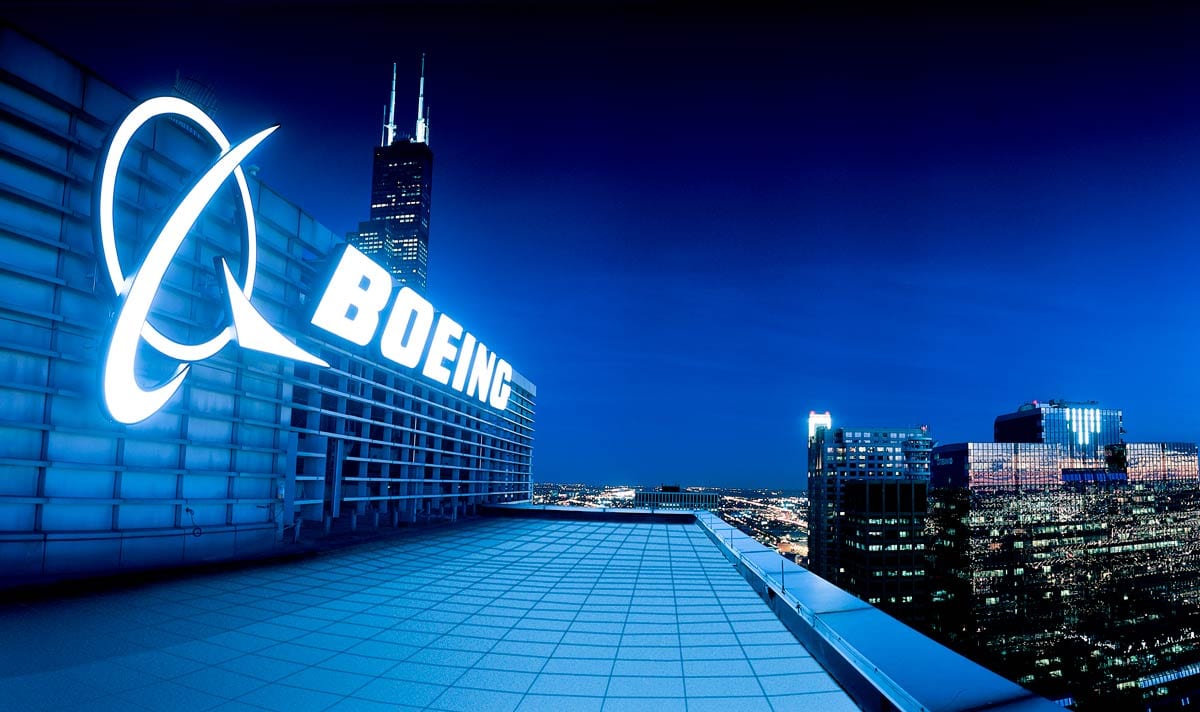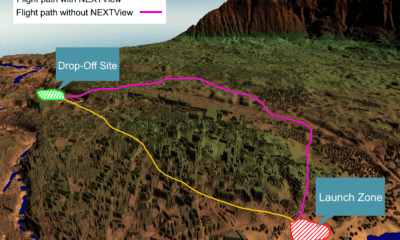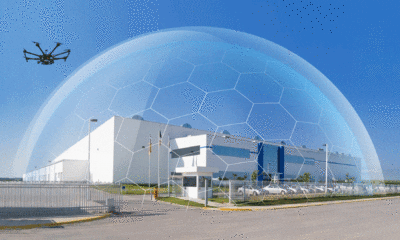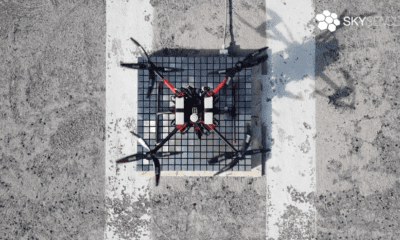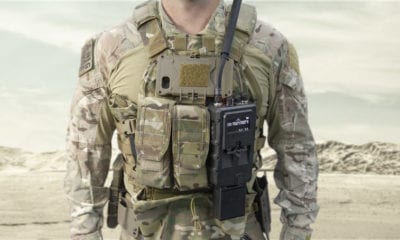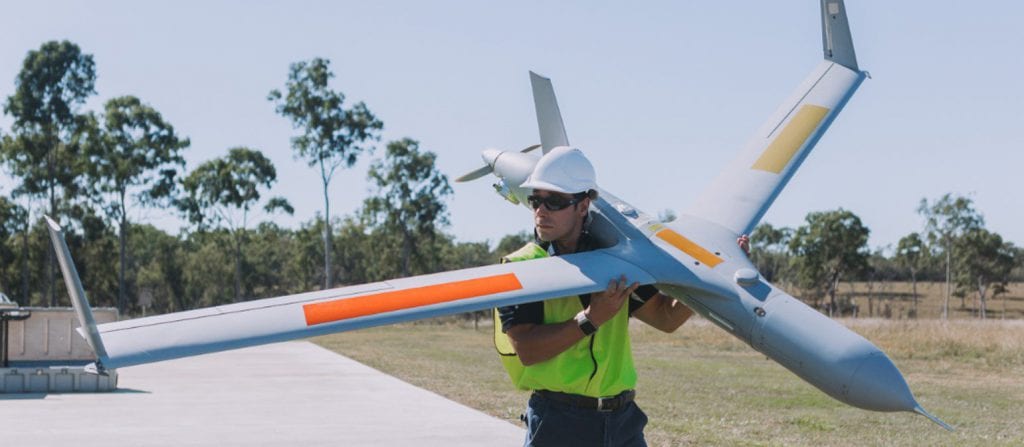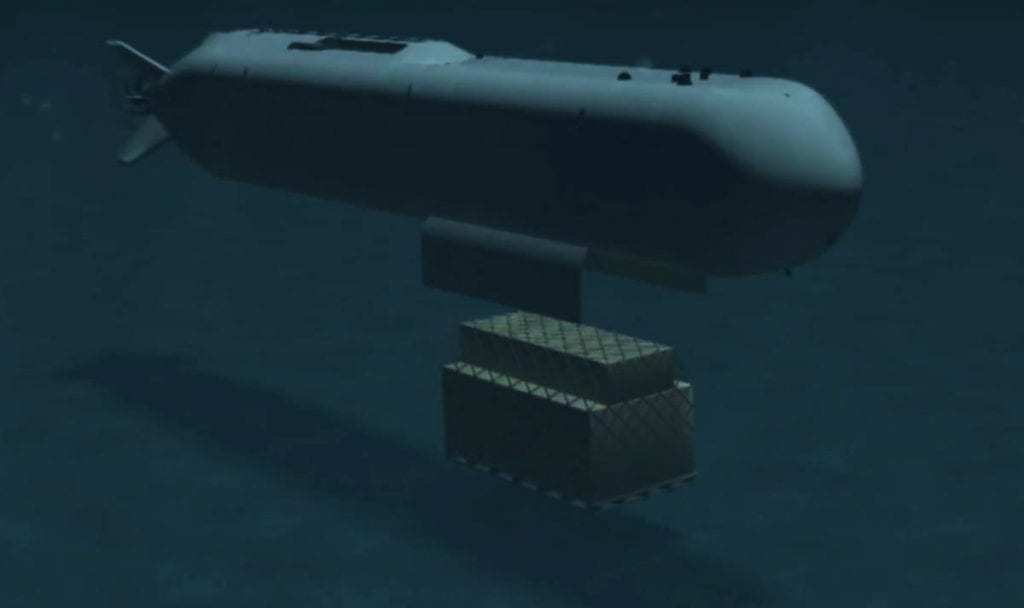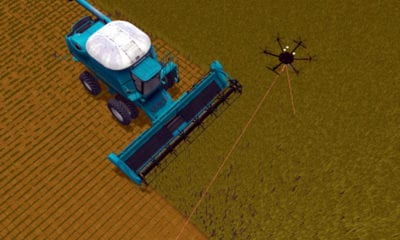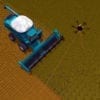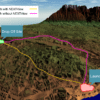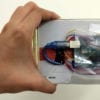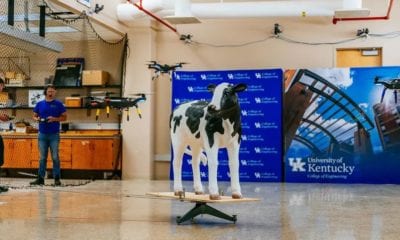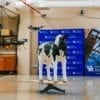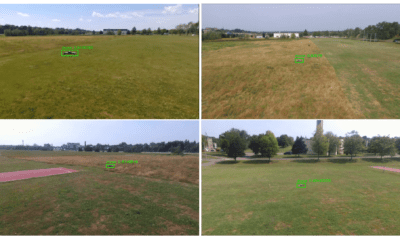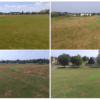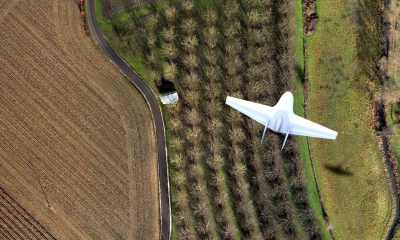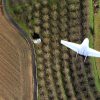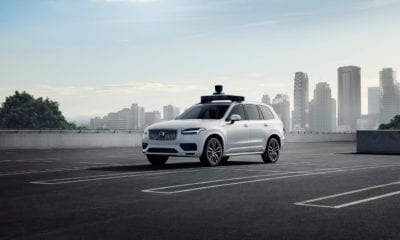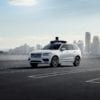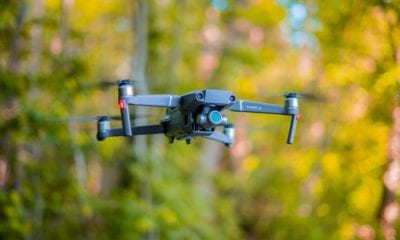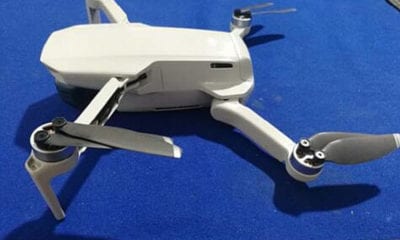A project that will create jobs in Queensland, Australia, is being undertaken by airline giant Boeing. It is the largest autonomous vehicle program of its kind being conducted outside of the US by Boeing, in deal with the Queenland government.
The three-year project will create opportunities for locals in land, sea and air projects in both civil and defence industries.
Boeing, which has several unmanned system projects already being conducted worldwide, sees Australia’s wide open spaces as ideal for drone technology development.
Boeing Vice President and General Manager Autonomous Systems, Chris Raymond, said Australia is a great place to “prove out the systems to add confidence”. The project will also be significant for Queensland, with the creation of over 130 jobs locally.
“We know in the future autonomy is going to enter our personal lives, it’s going to enter our professional products, it’s going to enter security and commercial ways of doing things,” Raymond said.
Boeing sees the development of technologies associated with UAVs and AI as a strong growth market, and Boeing plans to capitalise on the industry’s potential. “We have a very global effort going on at Boeing because autonomy and its associated technical elements around machine learning and artificial intelligence are going to continue to advance,” he said. “As autonomy becomes increasingly common, Boeing will continue to pioneer autonomous technologies from seabed to space.”

A UAV developed by Boeing to inspect gas projects in Queensland | Boeing
Boeing’s track record is already evident in Queensland after its selection to create the present Boeing facilities, with projects encompassing trials for inspection of gas wells, pipelines, and processing plants by remotely operated aircraft since 2014 and monitoring the Great Barrier Reef with solar-powered ground-based ROVs developed by Boeing subsidiary Liquid Robotics.
Queensland’s reputation as a “progressive airspace regulator”, as well as the existing Boeing facilities and the local innovative culture were the reason for it’s selection by Boeing, said Shane Arnott, Director of Boeing’s Phantom Works International.
“It’s a great environment to run fast in a domain that is running at light speed,” he said. “This isn’t just about the technology, it’s about working with the regulators too. We can’t field products that solve products without making sure they are safe and acceptable.”
Arnott believes there will be many opportunities for local small-to-medium tech organisations to get involved. Working with Boeing, there will be a need for Australian tech innovators to be a part of evaluation and testing of systems, communication systems and also artificial intelligence.
“Our program will complement the work undertaken by the Trusted Autonomous Systems Defence Cooperative Research Centre, taking research outcomes and developing them into exportable commercial products for the global autonomous market,” he said.
A representative of Australian Manufacturing, an online community for Australia’s manufacturing sector, said on Twitter that the partnership will turn Queensland into an “global aerospace powerhouse.”
The focus of Australian Boeing staff will be around creating systems to ensure current platforms will function autonomously. They will “create the ‘voice’, if you will, for the systems to talk to each other – a combination of software and communications”, says Arnott, adding that he likes to call this “brain-on-board” technology.
Boeing is already working in a number of autonomous vehicle projects, including the recent development and testing of flexible wings for supersonic drones in collaboration with NASA, and creating behemoth cargo drones that can carry a whopping 225 kilograms.

The autonomous submarine, Echo Voyager | Boeing
Boeing also plan to utilise innovations in the Australian project on their Echo Voyager, an deep sea unmanned undersea vehicle (UUV) that operates autonomously for months on end using a hybrid rechargeable power system.
Fundamentally, the focus of the Queensland project will be primarily that of the safety of autonomous vehicles, to avoid collisions with each other and other objects.
But first, the challenge for Boeing and everyone else in the sector, is ensuring regulators trust the technologies and allow operations to go ahead.
